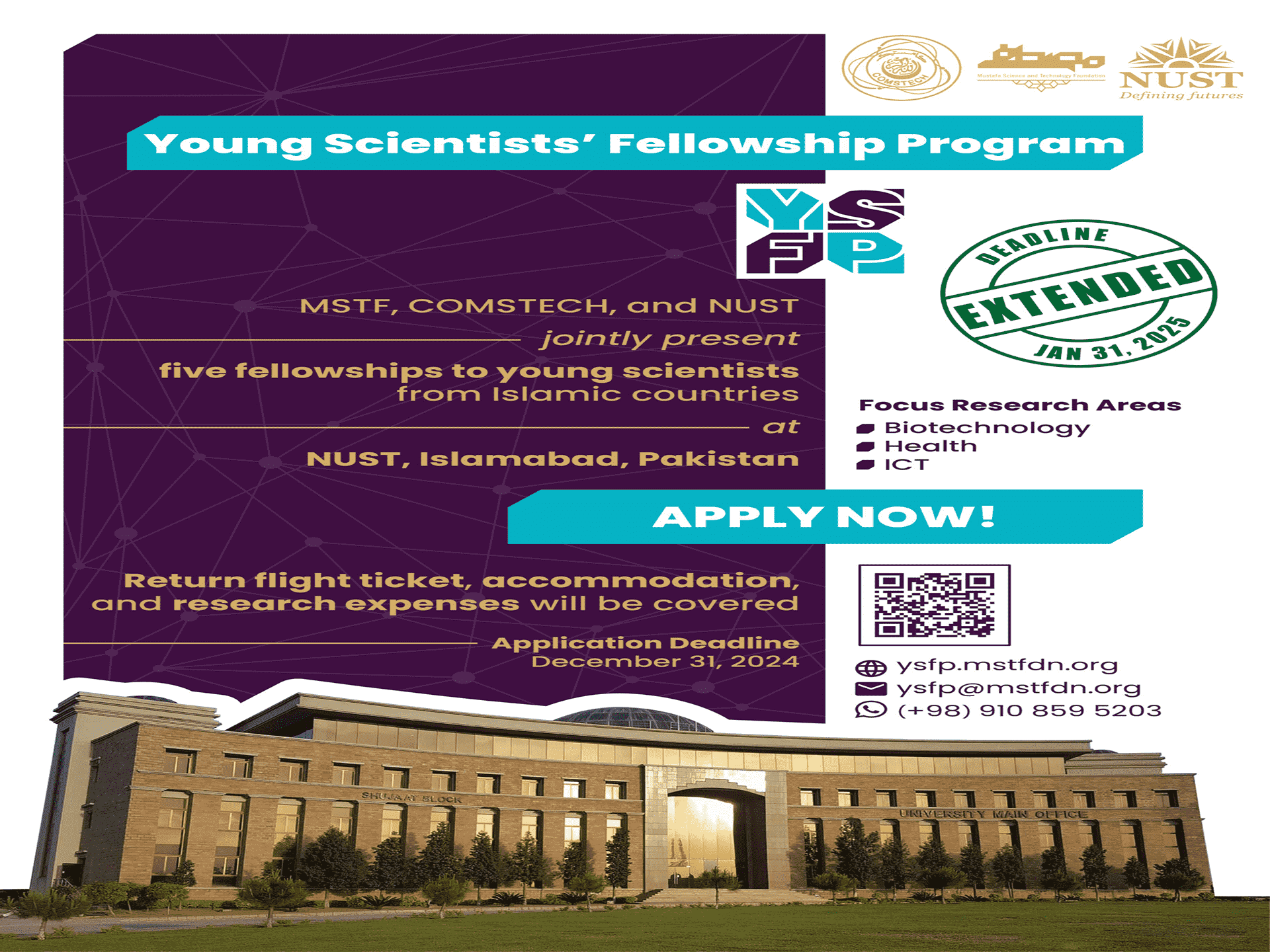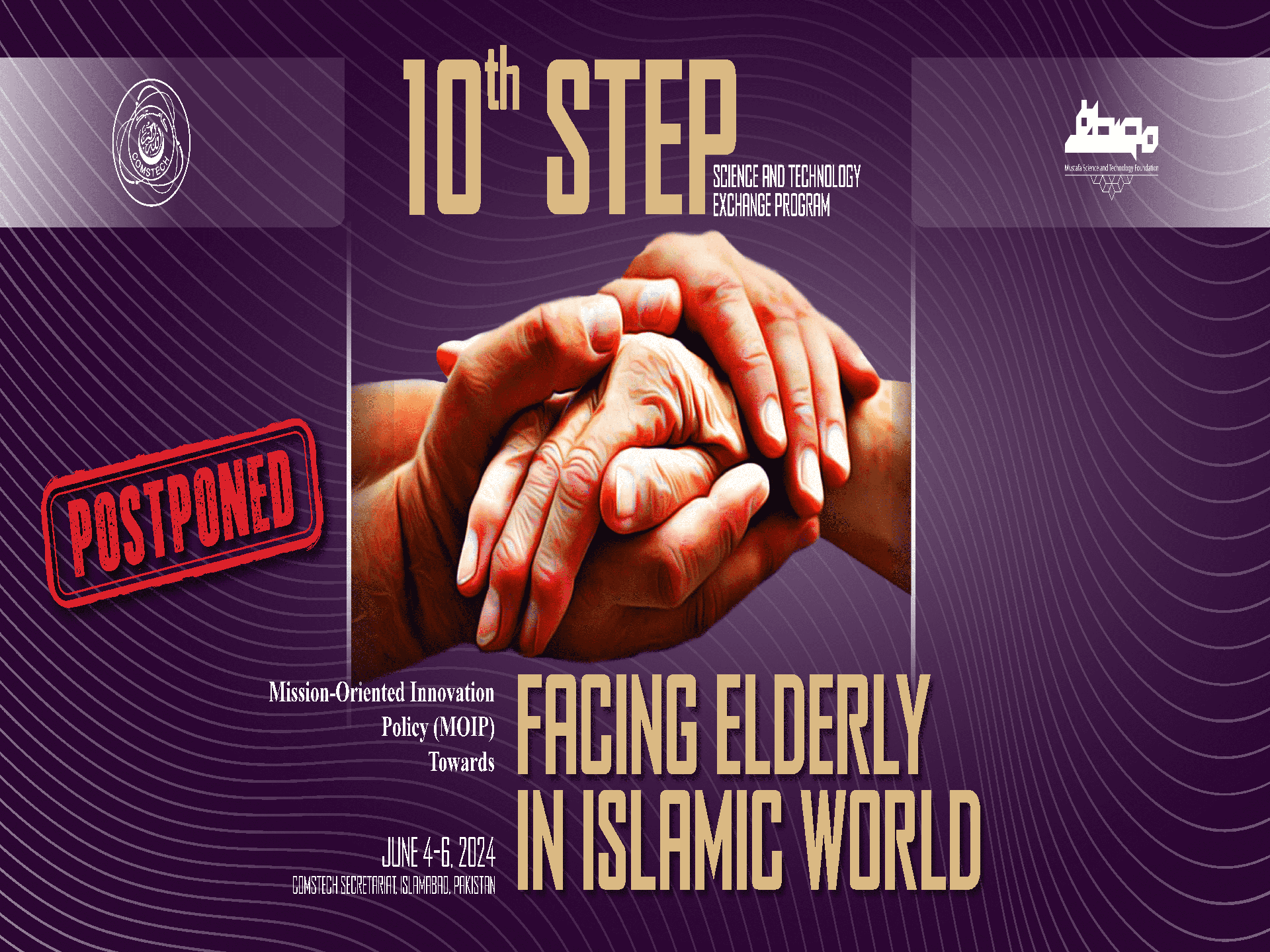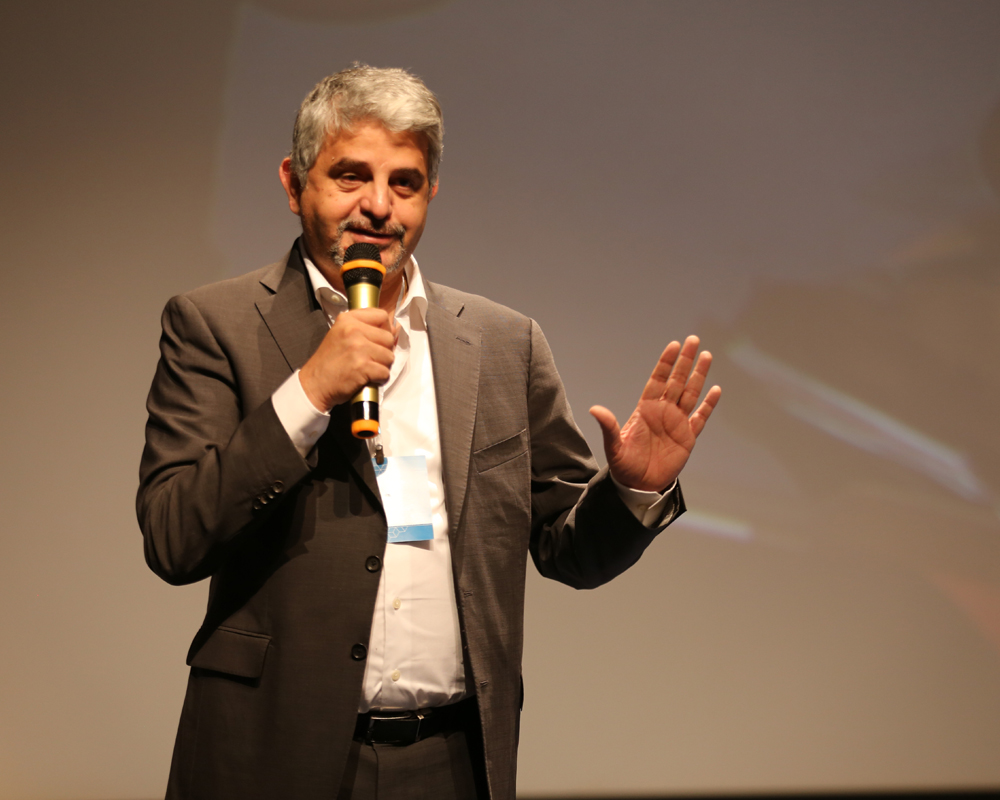TOP STORIES

The Power of Muslim Female Scientists Peaked
09 Nov. 2019
MSTF Media reports:
In the panel discussion that was held in in Alzahra University on Saturday, November 9th, three inspiring women in science, technology, and innovation, two from Iran and one from Turkey, shared their respective achievements and how they toiled to reach them in the course of years.
During the panel discussion that was hosted by Maryam Mahmoudi, three successful female scientists, Azadeh Danandeh, Nasrin Moazami, and Ilkay Erdoghan Orhan gave thorough descriptions of their works as female scientists and explained how they had to double their attempts in succeeding, because of the existing gender roles in the society.
Nasrin Moazami, Professor of the department of biotechnology from Laval University and the founder of biotechnology and microalgae-based fuels in Iran, elaborated on her field of study and achievements through the span of 30 years. She presented her outline research and its development and explained how she made use of Queshm Island in Iran as the perfect place to evaluate all the aspects of Malaria disease and kill the epidemic of Malaria in that area. She explained how Malaria which is a mosquito borne disease afflicted people living in Southern Iran and also elaborated on the participation of people living by the sea in her research.
Professor Moazami further explained her work in Queshm Island Health Care Center and Queshm Health Network. She also talked about microalgae which is a great technology, out of which many industries can be grown. She pointed out that Iran has one of the biggest potentials to develop this technology. She talked about the advantages that this technology has, such as being able to control issues such as climate change.
Ilkay Erdoghan Orhan, professor of pharmacy in Gazi University in Turkey, disregarded the gender classification of scientists and through her statistical analysis of the number of universities in the world showed how the number of universities in the OIC countries is much less than those in other parts of the world. She believes that there is not enough number of research among Muslims, compared to other countries. Despite this disadvantage, she stated that the Islamic countries are doing great compared to some developed countries such as Japan and South Korea. Based on the research that she has conducted in this area, the number of female scientists in this advanced countries are less than those in Islamic countries.
She also maintained that the number of female scientists and researchers has not reached the desirable number and it is yet to increase, particularly in fields such as engineering. Upon emphasizing on gender equality, she stated that marriage is a huge factor impacting the academic works of female scientists. She pointed to the negative effects of marriage, not only in Islamic countries but also in developed countries such as Japan and South Korea.
According to her, women earn the majority of science degrees in Iran and female participation in science programs are highest in Iran, Uzbekistan, Azerbaijan, Saudi Arabia, and Oman. She also suggested that exchange and communication needs to be increased among female scientists in the Islamic world and that Islamic countries need to be pushed politically to pay more attention to science and technology.
The next speaker in the panel, Azadeh Danandeh, a prominent IT manager in Iran and one of the best female entrepreneurs, explained how her attempts to rise in a patriarchal environment and her activities in the field of software led to her management position of an IT project and changed her life. This project, she stated, had a huge impact on the industry of software. This technology, she said, has had many challenges in the last years, such as its rejection by the job market in the early years. Despite the many challenges, this technology has succeeded and turned into a reliable technology.
Regarding the condition of female scientists and their struggles, she maintained how her roles as a woman in the family contradicted with her academic life. However, she successfully managed to solve them. She stated that the problem of female scientists is a cultural one and that the cultural drawbacks make it hard for women to be able to fit in a male-dominated society academically.







